Kim Jong-un pledges the toughest anti-US stance ahead of Trump’s inauguration
As former President Donald Trump’s inauguration approached in January 2017, North Korean leader Kim Jong-un made a bold and defiant declaration, vowing to take the toughest stance yet against the United States. In a highly anticipated statement ahead of the new U.S. administration, Kim emphasized his country’s commitment to further developing its nuclear capabilities and continued opposition to U.S. influence in the region.
Kim’s pledge came amid escalating tensions between North Korea and the U.S., as North Korea’s missile and nuclear programs were a focal point of global concern. At the time, the United States, under President Barack Obama, had imposed heavy sanctions on North Korea in response to its nuclear tests and aggressive rhetoric. Trump’s incoming administration was already preparing for a new phase of diplomatic challenges, with Kim Jong-un seemingly preparing for a tough road ahead.
North Korea’s Growing Defiance
In his statement, Kim Jong-un criticized the U.S. for what he called its “imperialist” policies, reaffirming North Korea’s intention to enhance its nuclear deterrent. Kim’s regime had been actively pursuing the development of nuclear weapons as a way to secure its sovereignty against perceived threats from the U.S. and its allies. This move was seen as a direct challenge to the international community’s efforts to curb North Korea’s nuclear ambitions.
“We will not be swayed by any threats or sanctions,” Kim said in his statement. “We will continue to strengthen our nuclear capabilities in response to U.S. hostility. Our nation will take the toughest possible stance against the U.S.”
Kim’s comments were not made in isolation but came as part of a larger pattern of North Korean provocations, which included nuclear tests and the launch of ballistic missiles over the preceding months. In response, U.S. officials, including then-President Obama, condemned North Korea’s actions and reinforced America’s commitment to defending its allies in the region, particularly South Korea and Japan.
Trump’s Incoming Administration and North Korea
When Donald Trump took office on January 20, 2017, he inherited an already volatile situation with North Korea. The incoming president had previously signaled a more aggressive stance toward Pyongyang, calling for the complete denuclearization of the Korean Peninsula. Trump had also raised the possibility of direct talks with Kim Jong-un, though many experts viewed this as unlikely, given the North Korean leader’s history of intransigence and the U.S.’s long-standing policy of isolating North Korea diplomatically.
Trump’s rhetoric and the subsequent actions of his administration, including increased military presence in the region, only heightened tensions with North Korea. However, as history would show, Trump’s relationship with Kim would take an unexpected turn in the years that followed, with both leaders engaging in high-stakes diplomacy that culminated in several summits, including the landmark 2018 Singapore Summit.
The Impact of Kim Jong-un’s Pledge
Kim Jong-un’s pledge to maintain the toughest anti-U.S. stance highlighted the deepening divide between North Korea and the United States. It was a reminder of the long-standing tensions that had defined U.S.-North Korea relations, particularly in the post-Cold War era. As North Korea continued its missile and nuclear tests, it further isolated itself from the international community, prompting the U.S. and its allies to consider a range of responses, from heightened sanctions to military action.
The announcement was also an indication of North Korea’s intent to continue expanding its nuclear weapons program. Despite facing significant international sanctions, Pyongyang showed no signs of backing down. The continued development of its nuclear arsenal was seen as essential to the regime’s survival, and Kim’s statements reinforced the belief that North Korea would not simply capitulate to external pressure.
At the same time, Kim’s defiance raised the stakes for the incoming Trump administration. With his pledge, Kim was effectively challenging the new president to find a way to address North Korea’s growing nuclear threat while maintaining U.S. influence in the Pacific region. The prospect of escalating tensions between the two nations created a sense of uncertainty about what the future would hold for North Korea’s relationship with the United States.
The Role of International Diplomacy
While Kim Jong-un’s rhetoric was aggressive, it also highlighted the need for diplomatic engagement to prevent further escalation. The international community, including the United Nations and regional powers such as China and Russia, continued to urge both North Korea and the U.S. to engage in dialogue. The rising tensions underscored the importance of multilateral negotiations aimed at preventing war and achieving long-term peace and stability on the Korean Peninsula.
The Trump administration would later take significant steps toward engaging with North Korea, such as holding unprecedented meetings between President Trump and Kim Jong-un. These meetings, while initially promising, did not result in any concrete agreements on denuclearization or the easing of sanctions. Nevertheless, they marked a shift in diplomatic efforts, moving from confrontation to direct engagement.
Conclusion: A Complicated Legacy
Kim Jong-un’s pledge to take the toughest anti-U.S. stance ahead of Trump’s inauguration set the tone for what would be a tumultuous period in U.S.-North Korea relations. While the rhetoric and missile tests intensified, the eventual diplomatic breakthroughs between Trump and Kim were unexpected developments. The years following Trump’s inauguration saw a complicated legacy unfold, with North Korea remaining a significant challenge for U.S. foreign policy.
In retrospect, Kim’s pledge highlighted the entrenched nature of the conflict between North Korea and the United States. However, it also underscored the potential for dialogue and the importance of international efforts to manage a highly volatile situation. As both countries navigated this complex relationship, the world watched closely, knowing that any misstep could have far-reaching consequences for global peace and security.
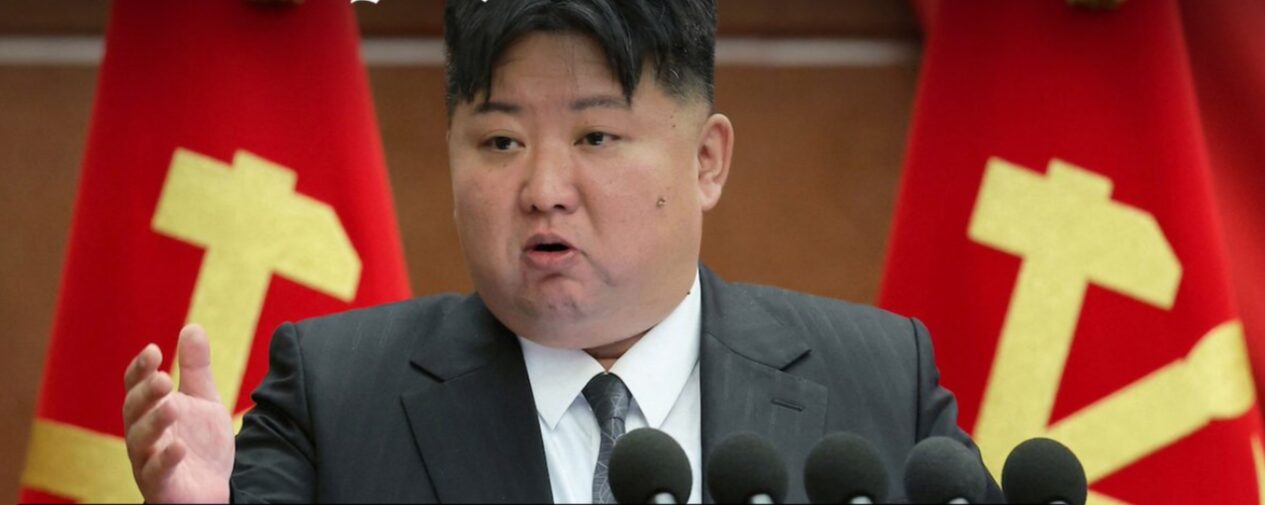
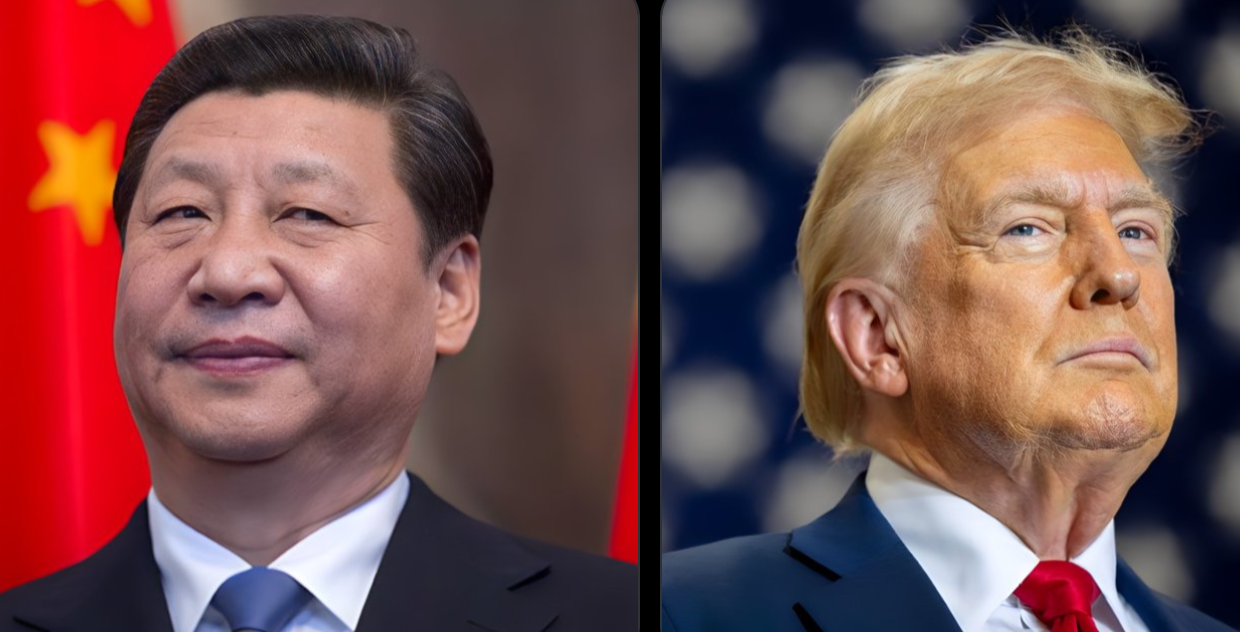
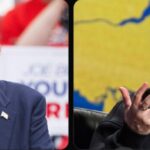
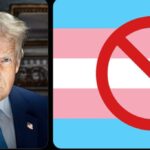
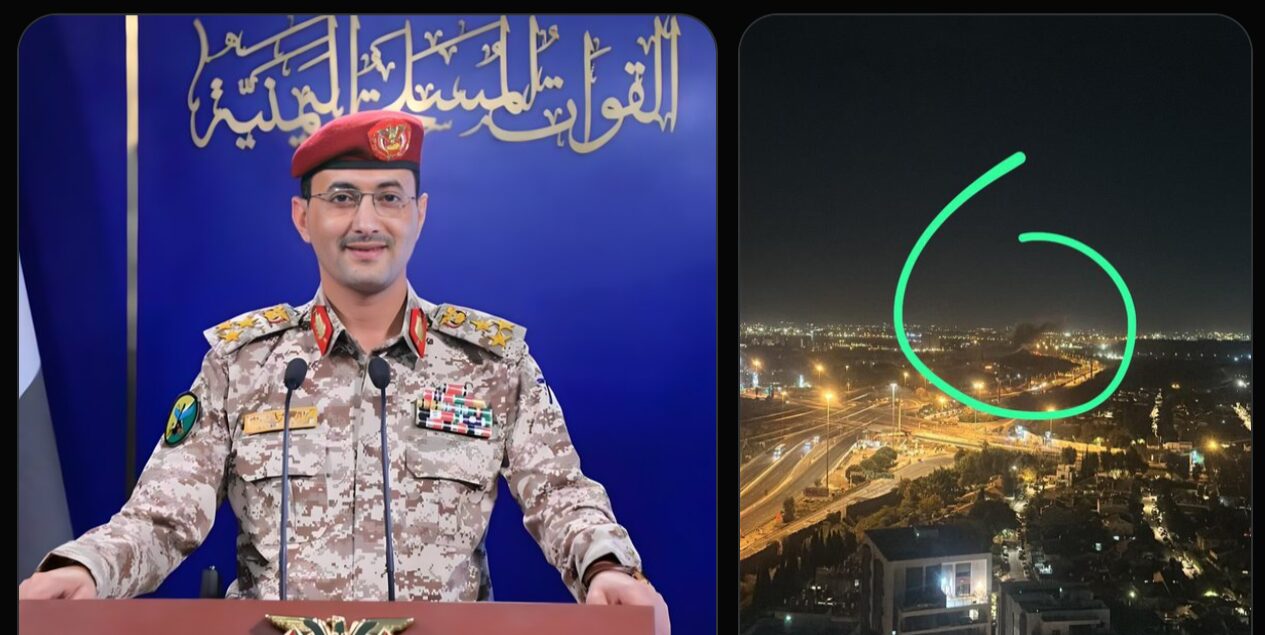
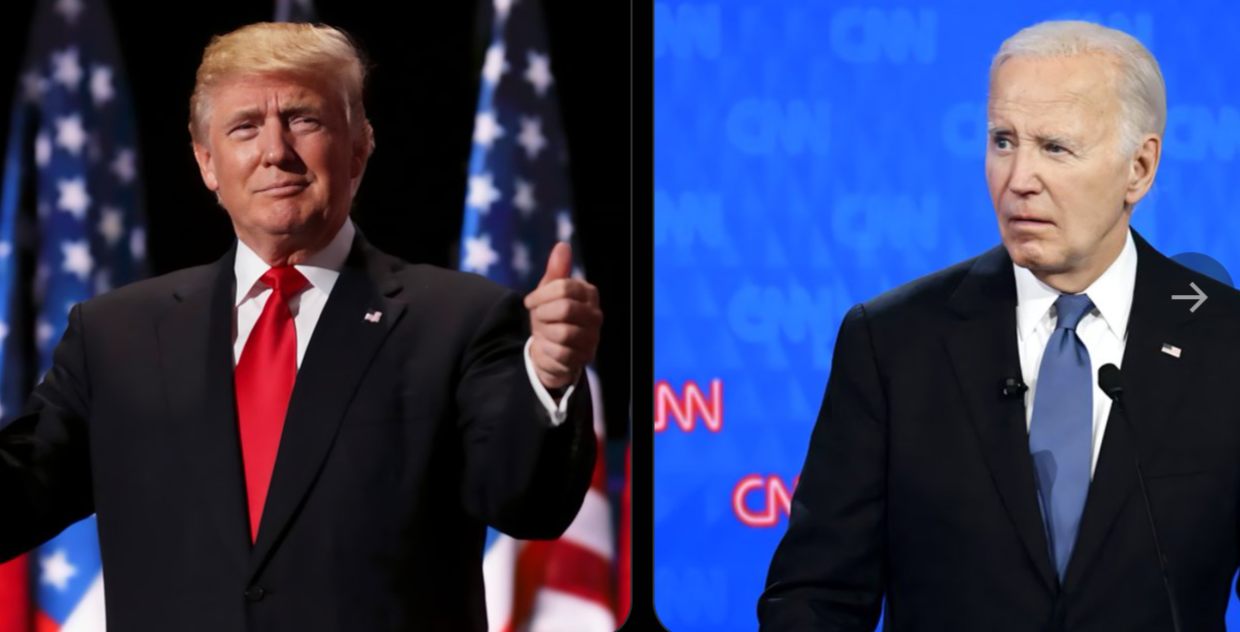
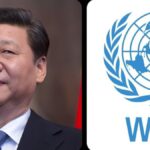
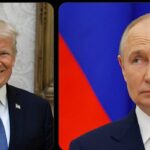
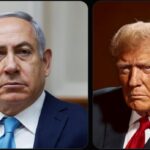








Post Comment